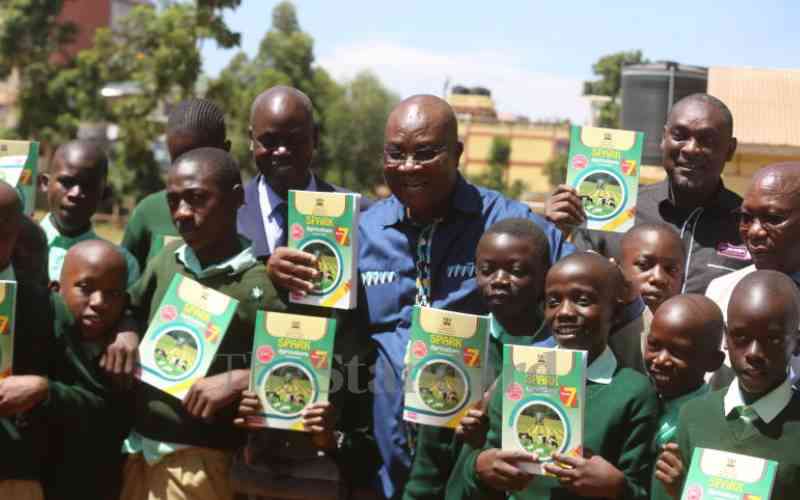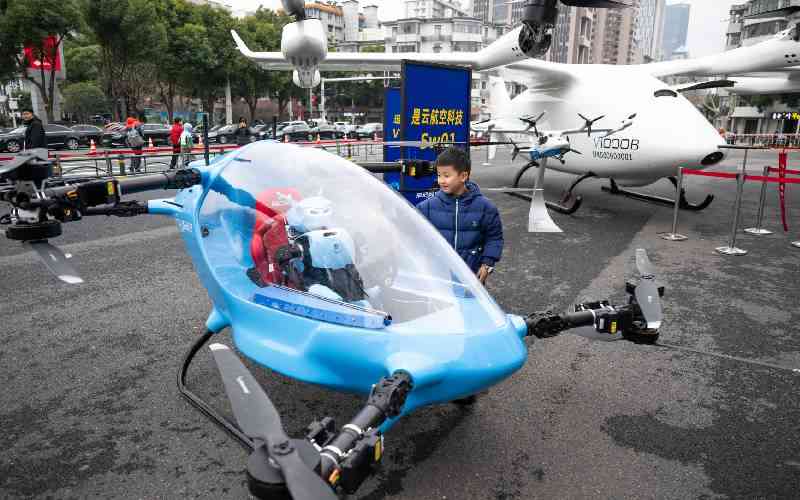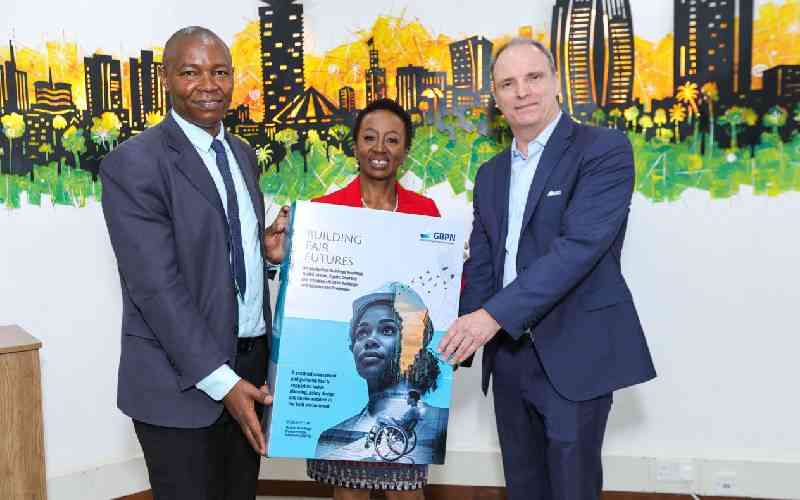×
The Standard e-Paper
Smart Minds Choose Us

There was confusion in many parts of the country as the pioneer class of the Competency-Based Curriculum (CBC) began joining Junior Secondary School (JSS) yesterday.
Many parents opted to accompany their children to their new schools and inquire about what was required, including the type of uniforms. A select number of public schools, however, showed high levels of preparedness and cooperation from parents who ensured their children reported in new and distinct uniforms.







